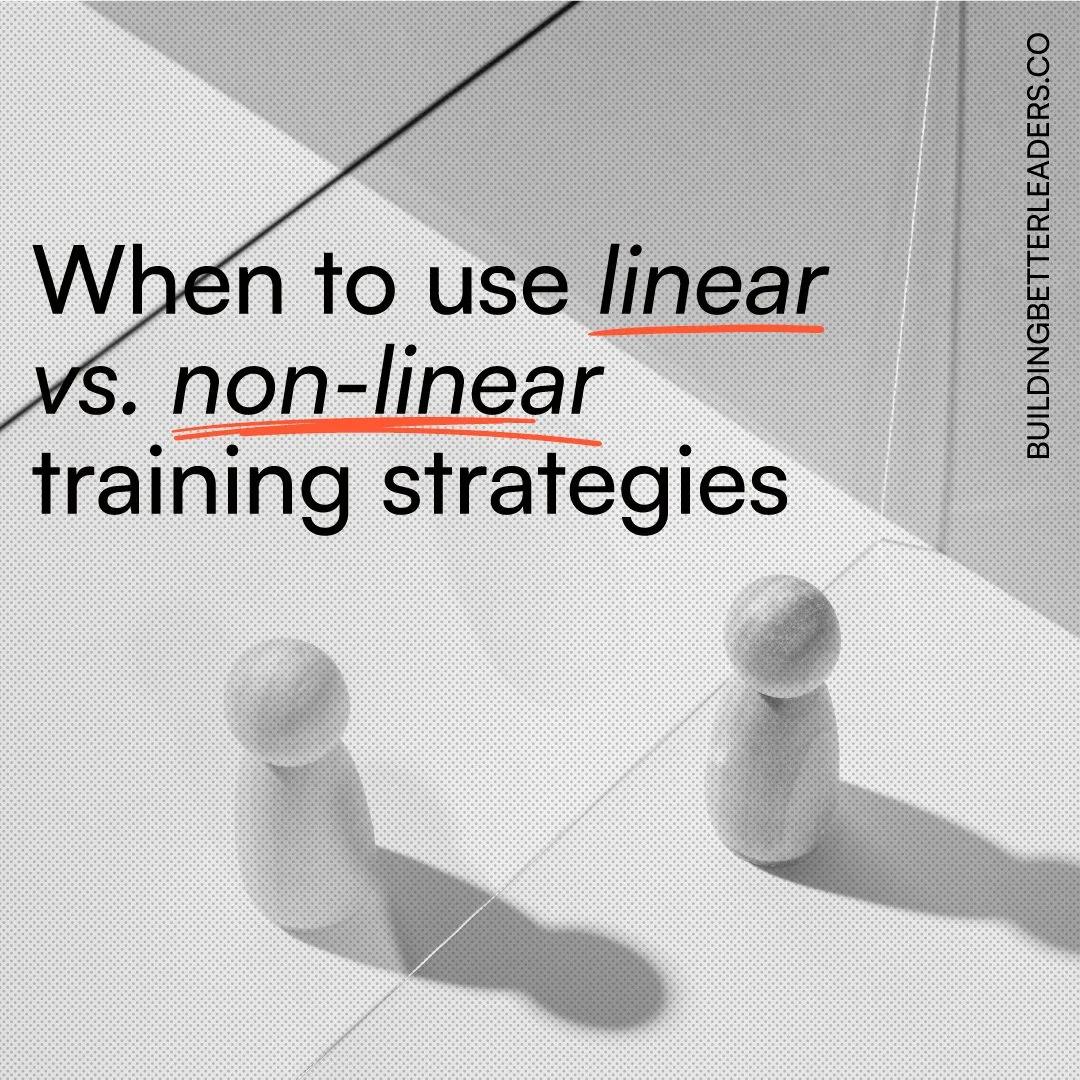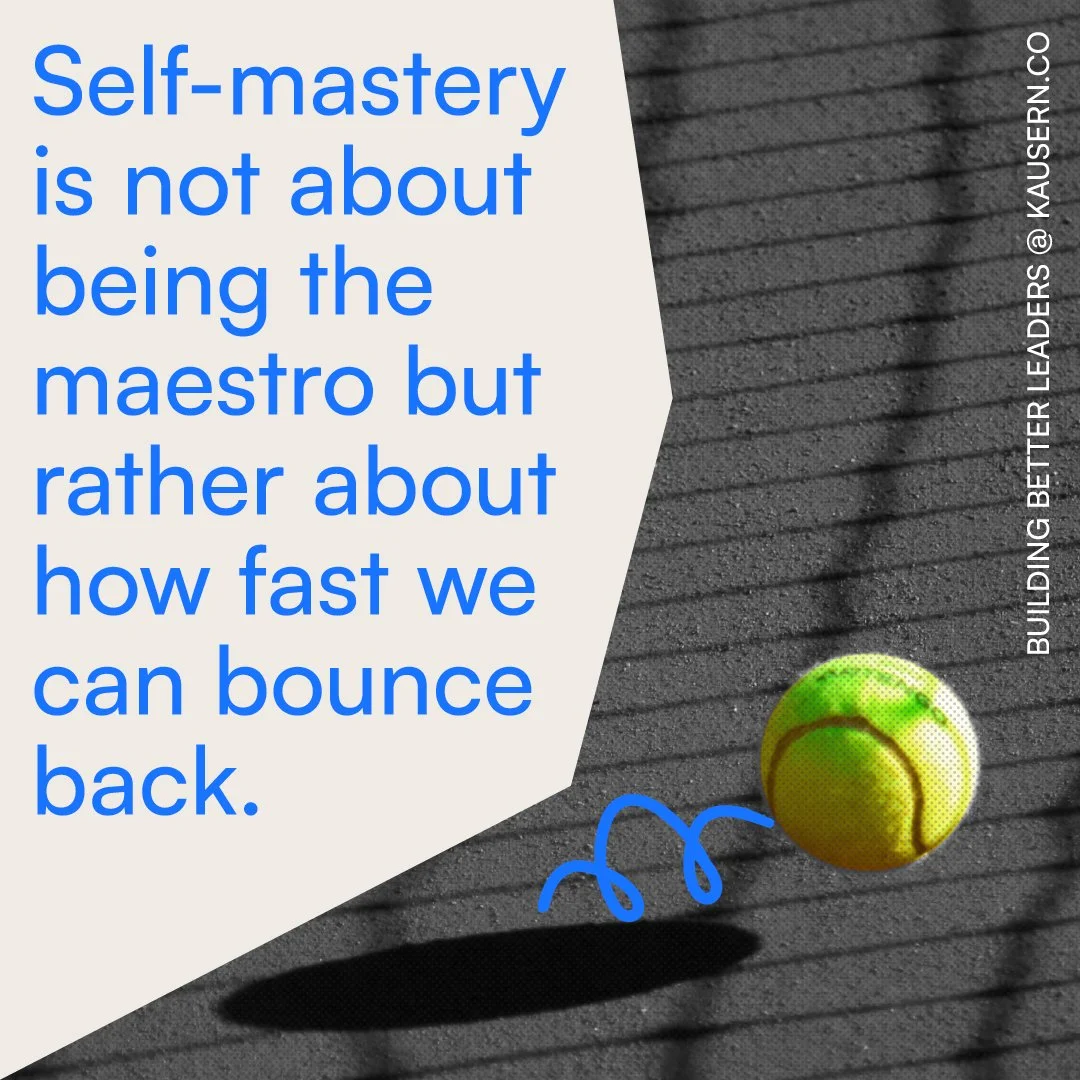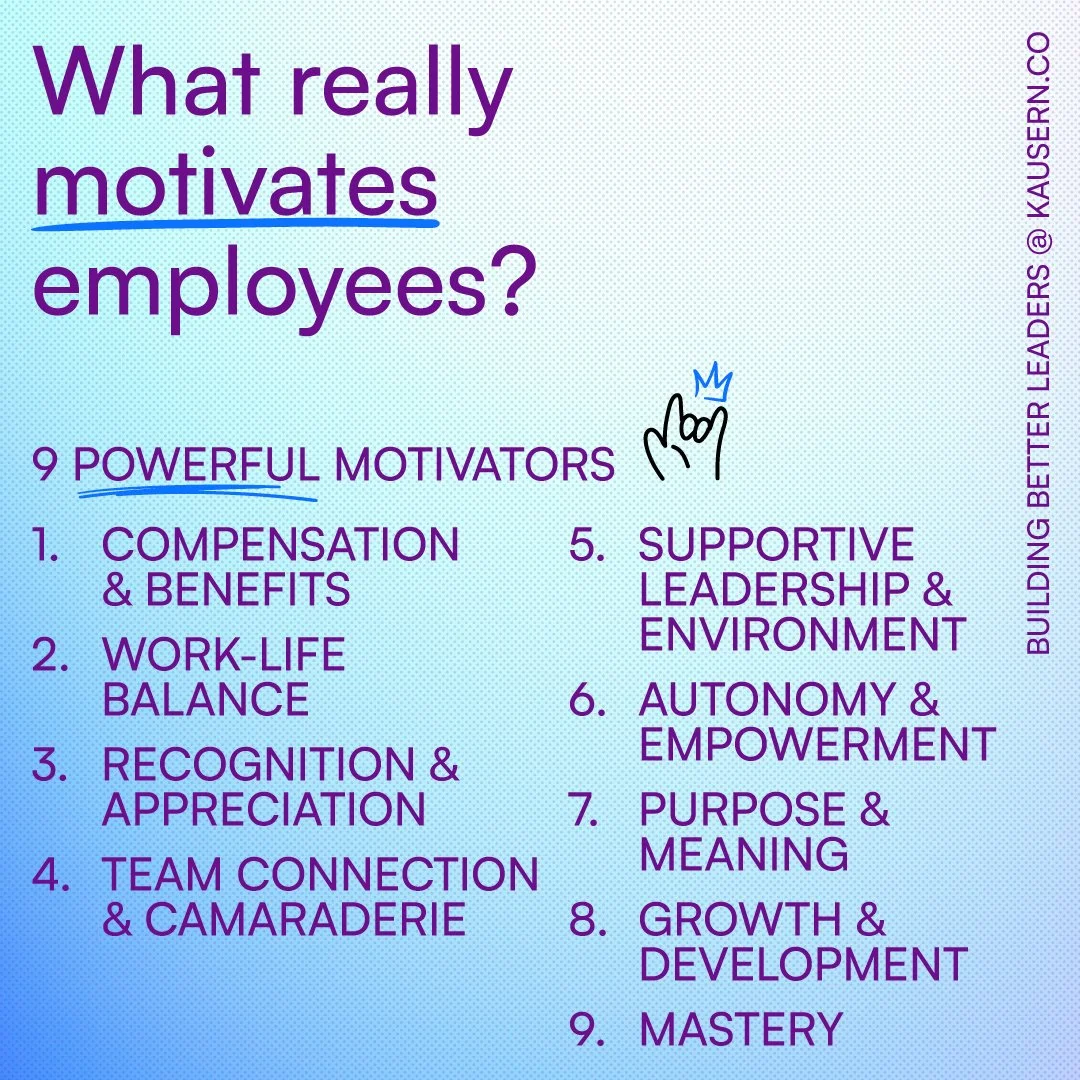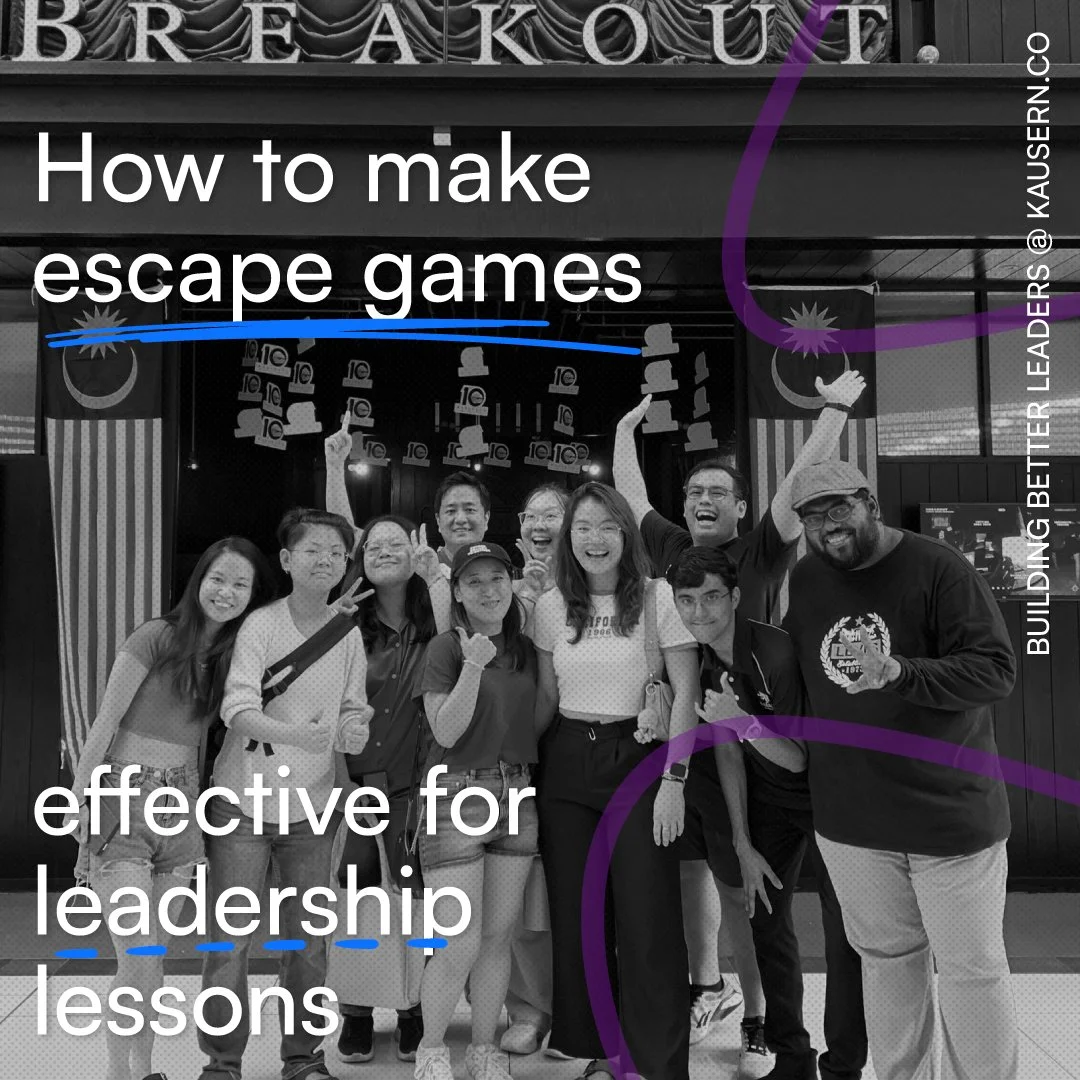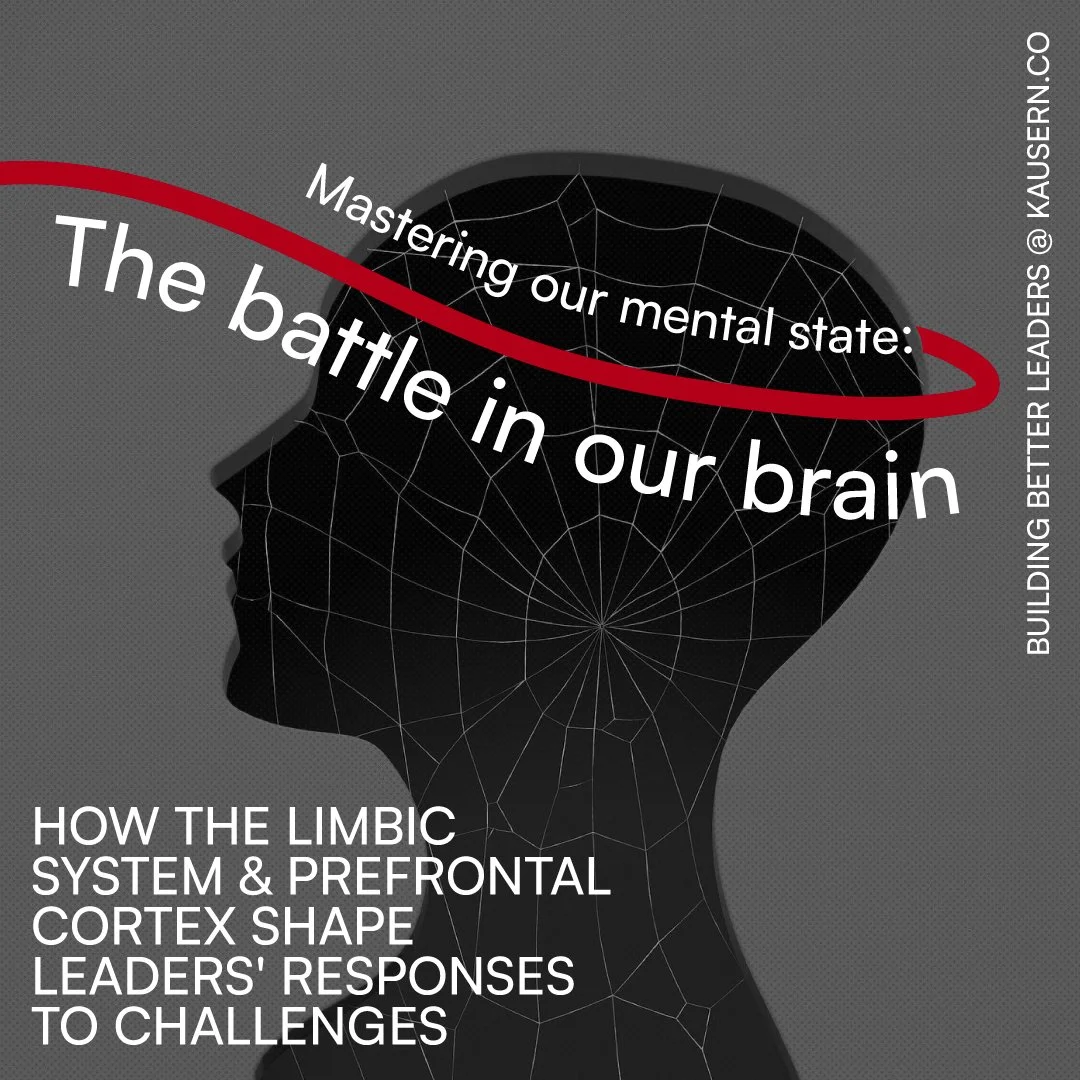Filter by —
5 key insights to help you better understand conflicts
Conflict is not always a bad thing. Understanding and managing conflict effectively can transform it into opportunities for growth.
When to use linear and non-linear training strategies to meet multiple learning needs
Linear training and non-linear training represent two fundamentally different approaches to teaching and learning. Choosing the right approach is based on a few factors in the workplace.
True humility isn’t weakness
True humility isn’t weakness - it’s quiet strength in action. It’s knowing you’re powerful but choosing to serve others instead of dominating them. Superman, in his humility, taught me this.
Stop trying to be a good person
To be a better person, stop trying to be a good person.
I've come to realize that striving to see ourselves as "good people" can be counterproductive. This might sound strange - after all, isn’t wanting to see ourselves as good something our parents and authority figures taught us as children? Let me share why this mindset can be problematic.
Self-mastery is not about being the maestro but rather about knowing how fast we can bounce back
I recently received feedback that stung: after a training session I poured my heart into, a participant said while they appreciated my enthusiasm, the content lacked depth in addressing their specific challenges. My heart sank, and I questioned my effectiveness on whether I was truly making an impact. But self-mastery isn’t about perfection, like a maestro—it’s about how quickly we process, reflect, and bounce back.
Why ‘nice’ leaders struggle & compassionate leaders thrive
“Is being nice, good enough to earn my team’s trust?” The answer is “No.”
While many leaders strive to be “nice” when faced with hard conversations, the reality is that niceness can often come across as fake politeness or insincerity. True leadership demands compassion instead - a quality rooted in genuine care for others' growth, even when it means delivering tough love.
What really motivates employees?
What fuels your drive to get to work in the morning? Here are 9 powerful motivators.
Guide to managing up (Part 2 of 2): How to do it effectively, especially in tense situations
Managing up in tense situations isn't always easy, but mastering it strengthens work relationships and leads to better outcomes.
Guide to managing up (Part 1 of 2): What is it & why to do it?
“Managing up is making it easier for your manager to support you in doing great work.“ - Kellan Elliot-McCrea
As I collaborate with @seokhian on a cross-border project (excited!), I had the privilege to be coached by her on managing up. After our session, I realized that many of my past difficulties with former bosses were more about my approach than theirs. While relationships often started well, they eventually deteriorated, and I saw I was part of the problem.
Mastering One-on-One Check-ins
Many managers experience anxiety about one-on-one check-ins, often avoiding these sessions altogether. However, this leads to missed opportunities for regular feedback, ultimately diminishing employee engagement.hat offers a holistic approach to nurturing leadership skills.
Learning tough love
I recently had the privilege of conducting a leadership workshop for mid-level managers from a major media agency network. While I enjoy connecting with participants and delivering the content I’ve spent weeks preparing, I also look forward to learning from them. This time, I discovered the concept of 'tough love in leadership.'
How to make escape games effective for leadership lessons
Escape games are a fun way to teach essential leadership skills like teamwork, communication, problem-solving, and time management.
How to improve your emotional intelligence (EQ) as a leader
In my previous post, I introduced The Four Quadrants of Emotional Intelligence (EQ). EQ can be developed just like any other skill. Here’s how to enhance your EQ as a leader.
The 4 quadrants of emotional intelligence
We all know someone who seems to lack emotional intelligence (EQ), but what exactly are the signs?
Mastering our mental state: The battle in our brain
As leaders, understanding and managing our mental state is crucial for effective decision-making and guiding our teams to success.
Change your relationship with rejection, change your life
Is it possible to redefine rejection and leverage it to our advantage? Here’s what I’ve learned so far.
‘Rejection’ is a strong word that ignites feelings of inadequacy in the hearts of many. But when you learn how to perceive and respond to rejection, it turns into a superpower.
What a Grab driver taught me about making money
Recently, I hailed a Grab car for my commute. What began as an ordinary ride unexpectedly changed my outlook on the business of earning.
Embracing 3 mindsets for constructive conversations
Be it political discourse, workplace clashes, family dinner debates or relationship dilemmas, engaging in conversations with individuals who hold opposing viewpoints can be frustrating. How can we prepare ourselves better before we enter such conversations?
Why top employees quit despite liking their jobs
The departure of star employees can leave employers scratching their heads in bewilderment. As employers, what are we not seeing?
How to stay motivated in an infinite game
Leaders are humans too, and need immediate acknowledgement to know that we’re on the right path.
The problem is that it’s not as simple to measure success in leadership. Unlike games with clear rules and defined endpoints, the pursuit of impactful leadership is an infinite game.


